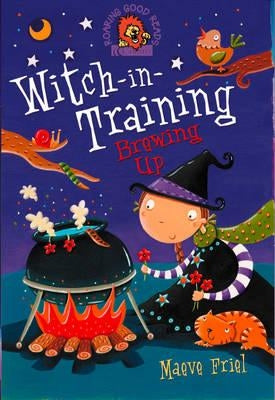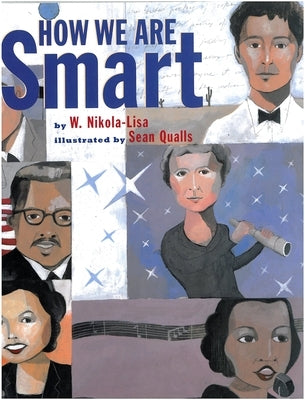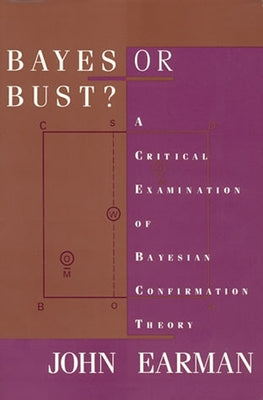Jack (Not Jackie)
$17.99
Brewing Up
$5.99
Notes from Underground
$10.99
Routers & Router Tables
$21.95
How We Are Smart
$11.95
The Have a Good Day Café
$11.95
Jim Thorpe's Bright Path
$12.95
Terror on Tybee Island
$8.99
Freckleface Strawberry
$18.99
A Study in Scarlet
$5.99
The Power of the Pulpit
$20.00











![Installing Kitchen Cabinets Made Simple [With DVD] by Paolini, Gregory](http://surprisecastle.com/cdn/shop/files/img_934331c9-ab43-4f9a-aa62-2e9d26d60645.jpg?v=1731016385&width=533)






































![Treatment of Language Disorders in Children [With DVD] by McCauley, Rebecca J.](http://surprisecastle.com/cdn/shop/files/img_2af0ced8-cc41-4322-8fc1-325cc840150b.jpg?v=1731016198&width=533)

